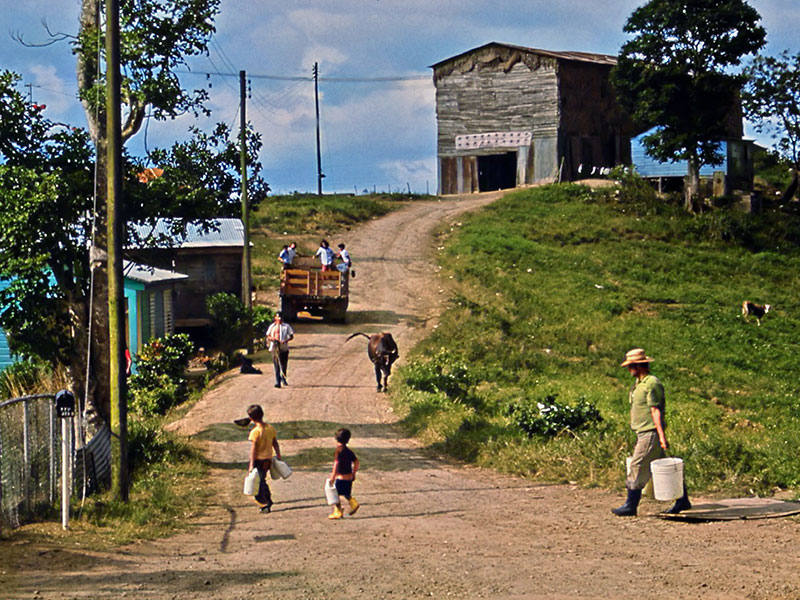Example in Action: Ethical Recruitment Agencies

There are a growing number of migrant worker recruitment agencies that adhere to international labor standards. These companies do not charge recruitment fees and commit to a code of conduct that prohibits forced labor. Ethical recruitment agencies aim to capitalize on growing private sector demand for compliant migrant worker recruitment, which in turn reduces exploitation in the overseas labor recruitment sector.
The Global Fund to End Modern Slavery (GFEMS) has invested in several ethical recruitment start-ups, including the Fair Employment Foundation* in Hong Kong, The Ethical Recruitment Agency* (TERA) in India, and Pinkcollar* in Malaysia. In Mexico and the United States, CIERTO* describes itself as “the leading provider of responsible farm worker recruiting for growers in North America.” CIERTO recruits migrant farm workers under the H-2A Temporary Agricultural program and works with third-party verifiers to monitor workers. While recruitment models vary, ethical recruitment start-ups can reduce forced labor risks among migrant workers by:
- Adhering to a code of conduct that draws on good practices from ILO, IOM, and industry groups.
- Monitoring or eliminating subagents from the recruitment process.
- Providing practical predeparture training to workers on their employment contracts, rights, and the destination country.
- Conducting worker welfare monitoring and operating independent grievance mechanisms.
- Conducting marketing activities in migrant worker communities that raise awareness of forced labor and safe migration practices.
- Engaging employers and stakeholders to build capacity related to worker rights and responsible recruitment.
DOL welcomes examples of good practices
to address child labor and forced labor.
Email us at GlobalKids@dol.gov.

 Step 2: Assess Risks and Impacts
Step 2: Assess Risks and Impacts


